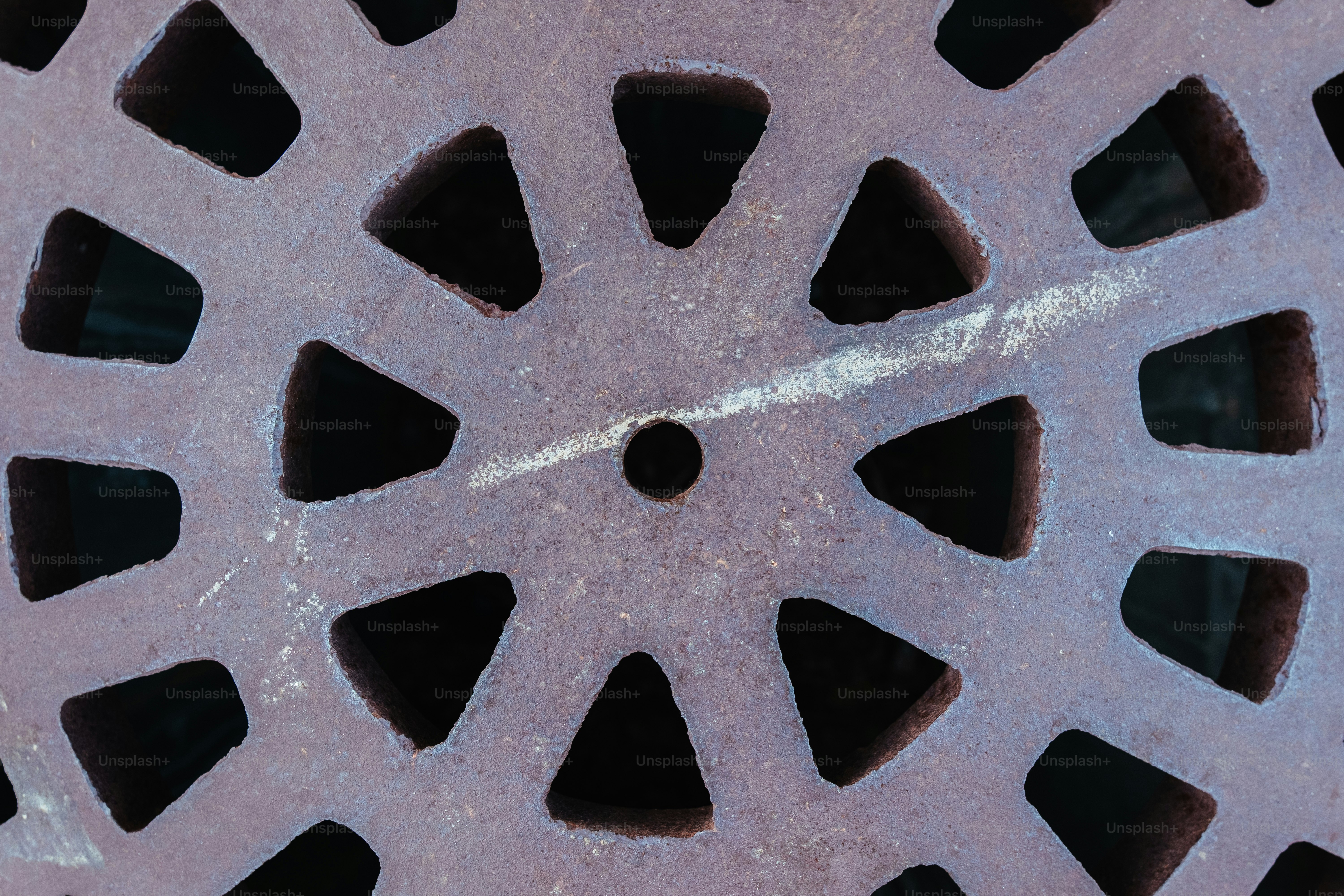Blocked drains can pose a major inconvenience; causing bad odour, sluggish water flow and even potentially severe property damage if not rectified promptly. This report delves into the concept of drain unblocking, discussing its necessity, methods and precautions one should take.
Drain unblocks are crucial for maintaining the functionality of the waste disposal system. Over time, drains can become blocked due to a variety of factors including accumulation of hair, soap scum, food waste, toilet paper or other non-degradable materials. These obstructions disrupt the free flow of water, causing it to stagnate and often emit unpleasant smells.

In the case of chemical drain cleaners, these comprise a variety of compounds designed to dissolve or dislodge the blockage. It’s worth noting, however, that not all cleaners are appropriate for all types of pipes or blockages. Some might damage certain kinds of PVC pipes or prove ineffective against specific types of obstructions.
For more significant blockages, professional help is often required. Plumbing professionals use more sophisticated tools like hydro jets. A hydro jet uses high-pressure water jets to break down and flush out the blockage. This process is far more efficacious, yet more intricate and potentially dangerous than standard home practices, requiring specialized training to avoid damage to the pipes.
Special care should be taken while dealing with blocked drains. While it may seem tempting to try and manually remove the blockage, doing so without the correct tools or expertise could potentially exacerbate the problem, damaging the pipes and leading to costly repairs. Hence, when in doubt, it is always recommended to seek professional help.
Prevention is infinitely better than cure when it comes to blocked drains brighton drains. Regularly cleaning drains and being cautious about what goes down them can significantly reduce the chances of blockage. Avoid disposing of cooking oil, food scraps, hair, and non-degradable materials down the drain; these are among the most common causes of blockages.
In summary, drain unblocking is an essential part of maintaining a healthy and efficient waste disposal system. Various methods, ranging from DIY solutions to stringently professional procedures, deal with it every day. Knowing which method to use and when to call a professional is key to maintaining effective drainage. Prevention measures are equally critical and can save one from the unpleasant experience and potential costs associated with blocked drains.
